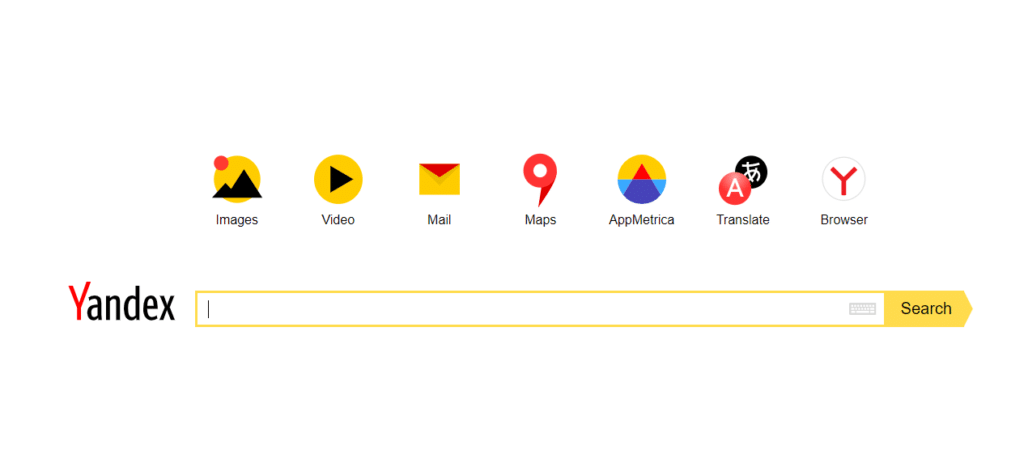
Safe and private alternatives to Google and Facebook
People somehow get used to the fact that their data is available on the network, believing that it is in the hands of only those companies and people who are under their care. However, this trust is unfounded - not only because of the hackers, but also because there is practically no way to control what Big Brother does with them.
For companies, our data is money, real money. They are willing to pay for it. So why do we usually give them away for free? Agree, not necessarily for free, because in return we receive a certain profit, for example, discounts on certain goods or services.
Life path at a glance
Smartphone users probably don't understand exactly how Google—with or without GPS—records, documents, and archives their every move. All you have to do is sign into your Google account on your smartphone and sign into a service called "timeline" to find out. There you can see the places where Google caught us. From them follows a kind of our life path.
According to experts, Google has the world's largest collection of personal data.
Thanks to the collection keywords entered into the search engine and information about visited websitesand then linking all that data to an IP address, the Mountain View giant literally keeps us in the pot. mail in Gmail reveals our secrets, and List of contacts talks about who we know.
Moreover, the data in Google can be even more closely related to a specific person. After all, we are called to serve there telephone numberand if we share credit card numberto purchase a product or service, Google will contact us with Purchase history and used services. The website also invites users (though not in Poland) to share personal health data w Google Health.
And even if you are not a Google user, this does not mean that it does not contain data about you.
The most valuable commodity? We!
The situation with Facebook is no better. Most of the things we post on a Facebook profile are private. At least that's a guess. but default privacy settings make most of this information available to all Facebook users. Under a privacy policy that few people read, Facebook may share information from private profiles with companies it does business with. These are mainly advertisers, developers of applications and add-ons to profiles.
The very essence of what Google and Facebook do is the rampant consumption of our personal data. Both websites dominating the internet encourage users to provide them with as much information as possible. Our data is their main commodity, which they sell to advertisers in a variety of ways, such as the so-called behavioral profiles. Thanks to them, marketers can tailor ads to the interests of the person.
Facebook, Google and other companies have already been taken care of - and probably more than once - will be taken care of by the relevant authorities and authorities. However, these actions somehow do not significantly improve our privacy situation. It seems that we ourselves must take care of protection from the appetites of the powerful. We have already advised how to solve the problem radically, i.e. disappear from the web – cancel your social media presence, fake accounts that cannot be deleted, unsubscribe from all email mailing lists, delete all search results that bother us from the search engine and finally cancel your email account(s). mail. We also advised how hide your identity in the TOR network, avoid tracking applications using special tools, encrypt, delete cookies, etc. search for alternatives.
DuckDuckGo home page
Many people cannot imagine the Internet without the Google search engine. They believe that if something is not on Google, it does not exist. Not right! There is a world outside of Google, and we can say that it is even much more interesting than we imagine. If, for example, we want a search engine to be as good as Google and not follow us every step of the way on the web, let's try. The website is based on the Yahoo search engine, but also has its own handy shortcuts and settings. Among them is a well-marked “privacy” tab. You can disable sending information about requests to sites that appear in the results and save the changed settings using a password or a special save link in the tab.
A similar focus on protecting privacy is seen in another alternative search engine, . It provides results and basic advertising from Google, but anonymizes search queries and only saves cookies with settings on the user's computer. An interesting feature is included in its default settings - to increase privacy protection, it does not pass the searched keywords to the administrators of the sites shown in the search results. After changing browser settings, they will be saved anonymously.
Another alternative to a search engine. It was created by the same company as StartPage.com and has the same design and set of settings. The most important difference is that Ixquick.com uses its own search algorithm rather than Google's engine, which results in slightly different search results than what you see on Google. So here we have a chance for a truly "different Internet".
Private communities
If someone already has to use social networking sites, and at the same time would like to maintain at least a little privacy, then in addition to mastering special settings, often very illusory, he may be interested in alternative portal options. on Facebook, Twitter and Google+. However, it must be emphasized right away that in order to really use them, you also need to persuade your friends to do so.
If this succeeds, there are many alternatives. For example, let's look at a website without ads and visual art. Ello.com - or "private social network", that is, a mobile application eachwhich works like Google+, with friends or friendship circles. Everyme promises to keep everything private and within our chosen circles, allowing users to share content only with those we want.
Another social network in this category, Zalongo, allows you to securely create private networks of friends and family. You can bring to life, among other things, a personal family page, and then, without the risk of being viewed by strangers, post photos, videos, stories, wishes for Christmas and birthdays, as well as a calendar of events or a family chronicle.
Anyone who uses Facebook knows that one of the habits - especially of young parents - is to share photos of their children on Facebook. The alternative are secure networks such as 23 clicks. This is an app for parents (Android, iPhone and Windows Phone) to ensure that their children's photos don't fall into the wrong hands. In addition, we are sure that the photos that we post, friends and relatives who visit the site, really want to see. Another family social network is the app Stena's family.
There are many social networks and apps out there, so there are plenty to choose from. Alternatives to Google and Facebook are waiting and available, you just need to know that they are worth using - and want to do it. Then the motivation to make efforts to change your habits and your entire Internet life (after all, you can’t hide that we are talking about some kind of effort) will come by itself.
